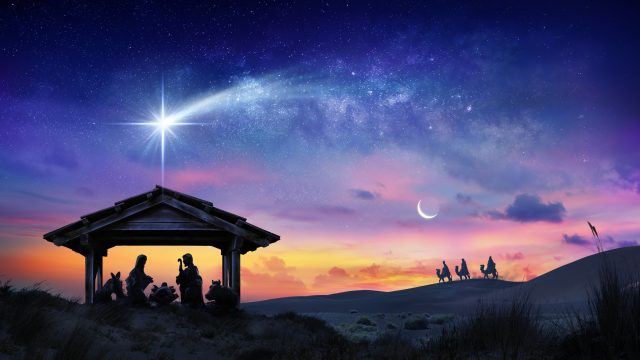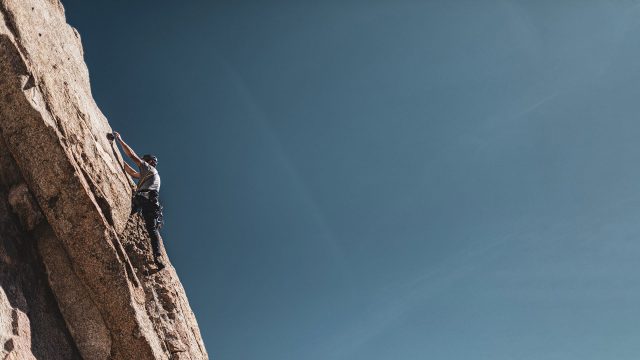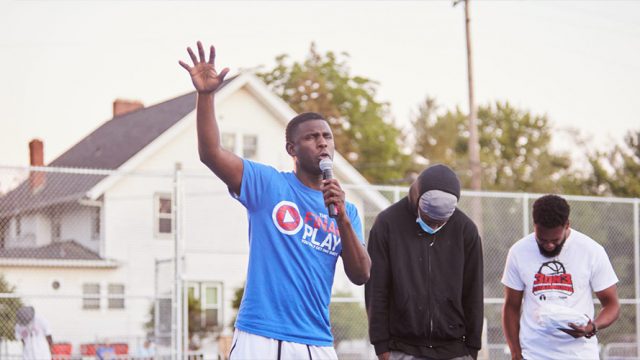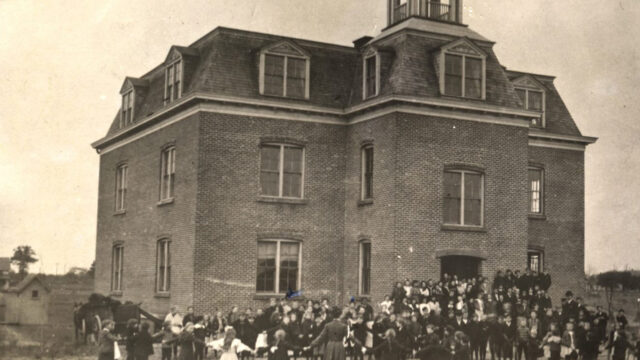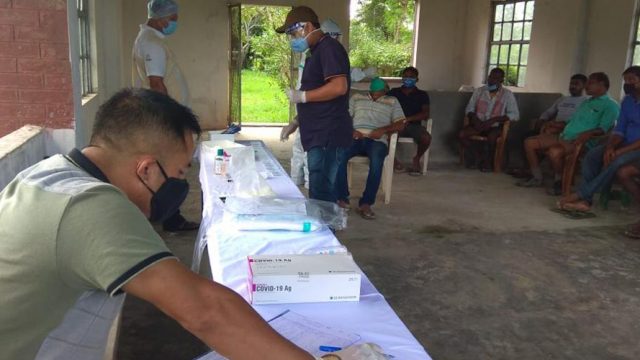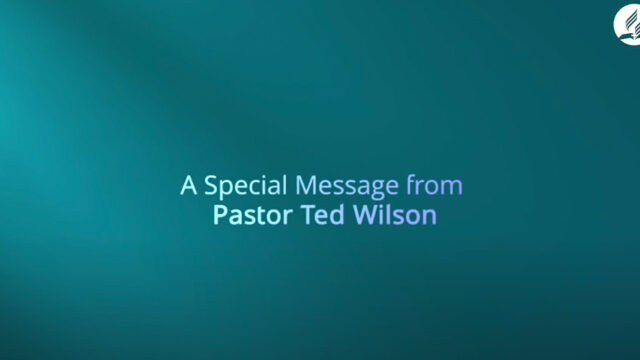Do the Biblical principles still apply during quarantine?
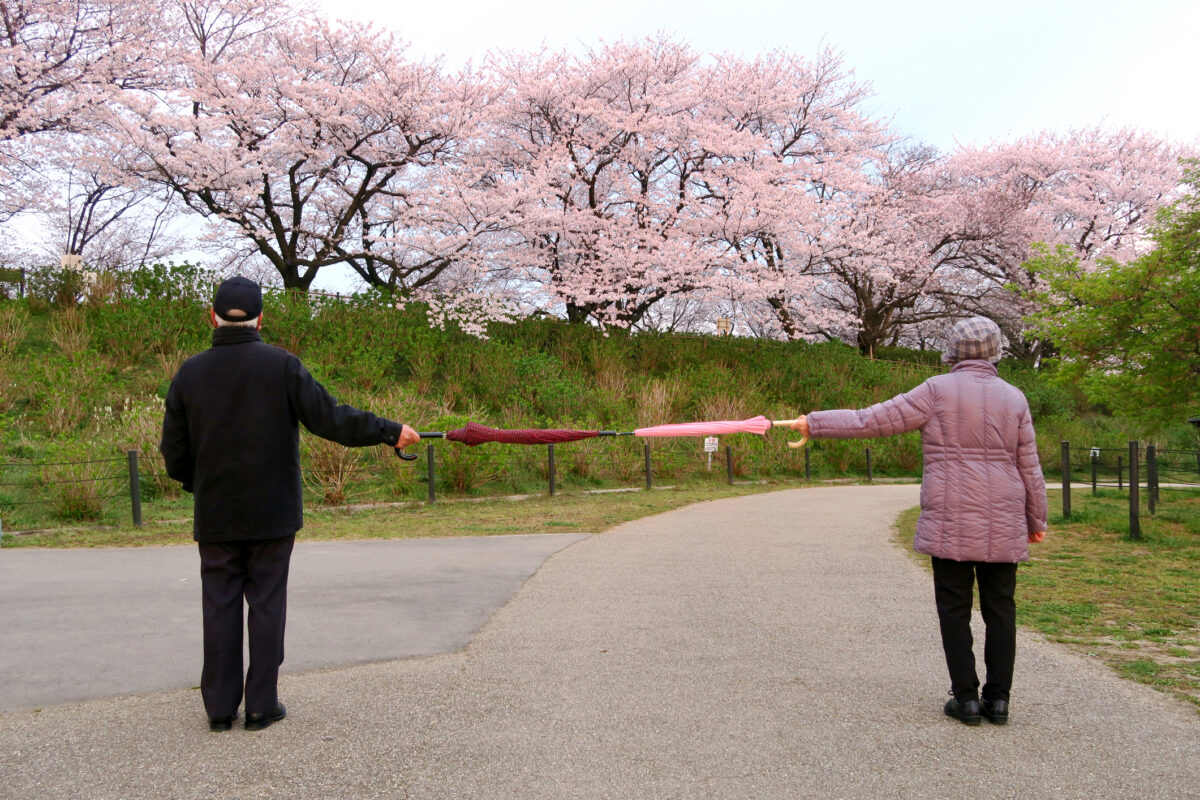
Social distancing and lockdowns of entire communities and countries have profoundly affected the mundane routines of work and school to what we do in our free time, how we worship, where we travel (or not!), and what we do as a global community. It’s insinuated itself into the sacred as well. Church services and community prayers have been canceled without a reschedule date, and access to sacred sites has been restricted. It’s challenged personal freedom and governance. Country borders are closed, planes are grounded, ships cannot dock, and trains have come to a standstill while many people are still miles from home. Instead of drawing together as we naturally crave in a time of crisis, fear of contracting the disease from others pushes us apart. The COVID-19 pandemic has claimed thousands of lives around the world, and then robbed their loved ones of a funeral to mourn them.
A Wake-up Call
The pandemic has been a wake-up call at a deep existential, apocalyptic level. Science, money, technology, and government have failed to prevent COVID-19. While medicine can manage symptoms, it cannot cure the disease. The things that absorb our time and thoughts have been affected: school, work, social routines, entertainment, shopping, and, more gravely, freedom of movement and association. Unemployment is staggering, and our very health and lives are at stake. When everything is stripped away, we’re confronted with who and what really matters.
We’ve had to find new ways to learn and work. We’ve had to find other ways to collaborate and care for the aged and vulnerable in our families and communities. It’s challenged us to ask again of Christ, “And who is my neighbor?” (Luke 10:29).
In the parable of the Good Samaritan, the first one to stumble upon the half-dead victim kept his distance and passed by on the other side. The second also kept social distance. Both of these men had protocols to follow, consistent with their station in life and their responsibilities to society. With no thought for his own safety, the unlikely hero responded out of compassion. And when he had done all he could in the time he had, he entrusted the man in need over to an innkeeper to continue his care with the promise that he would settle any balance upon his return.1
Creatively Searching for the Answer
The answer to the question “Who is my neighbor” will be found in a myriad of ways. Every problem and challenge is a call to creative ministry. Every need is an opportunity to respond. Young people who are digital natives, with creativity born of God’s Spirit and youthful energy, will find fresh ways to love their neighbor in a time of social distancing. Everyone can do something. God has entrusted our neighbors into our care—whether they be next-door or a mouse-click away. God has given us resources for the task—talents, creativity, and His Spirit. And what creativity we have seen! Delivering or donating food for the elderly and needy despite being in lockdown;2 making videos to uphold faith,3 to affirm isolated grandparents, 4 or to help children;5 speaking out against racism; crafting online worship and prayer meetings; sewing colorful facemasks; and so much more. Creativity flourishes best under constraints. No effort is wasted when we carry out His bidding. And when Christ returns—sooner than any might suppose—you can be sure that He will find His own creative ways to settle any outstanding balances.
1 Raul Lozano, “The Innkeeper, My Teacher,” presented at the Regional Summit on Adventist Education for NSD, SPD, SSD, and SUD, Bangkok, Thailand, January 29, 2018.
2“AIIAS Chinese Community in Action,” https://www.youtube.com/watch?v=P02gEn1mngo.
3 “Dear Coronavirus,” https://vimeo.com/399225392.
4 “Dear Grandparents,” https://www.youtube.com/watch?v=G9P2Cbu6LeQ.
5 Jessica Moon, “Talking to Christian Children About the Coronavirus,” https://youtu.be/U6ZKoFaH9mo.


